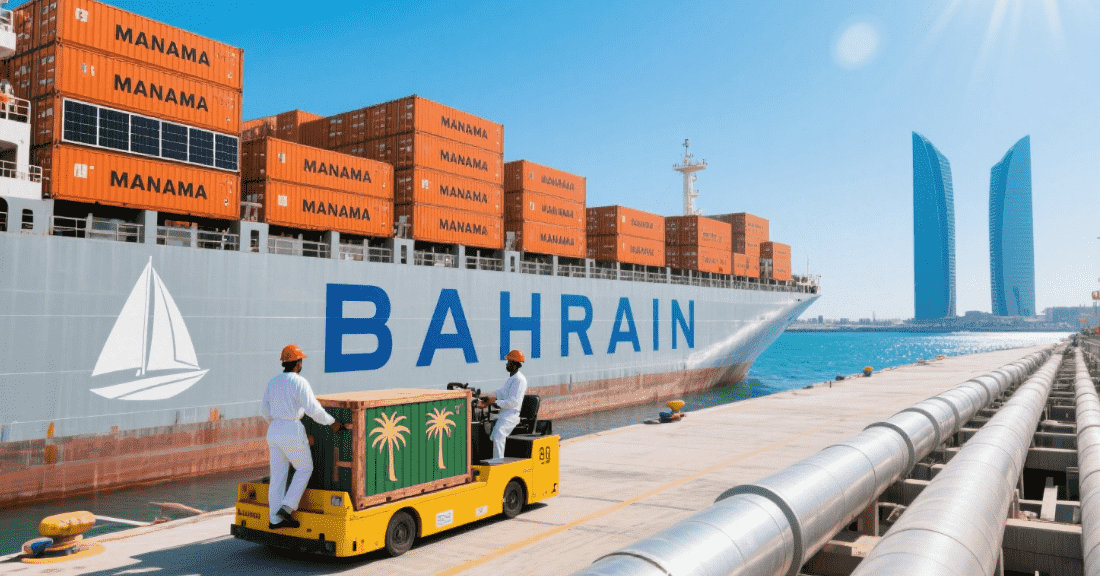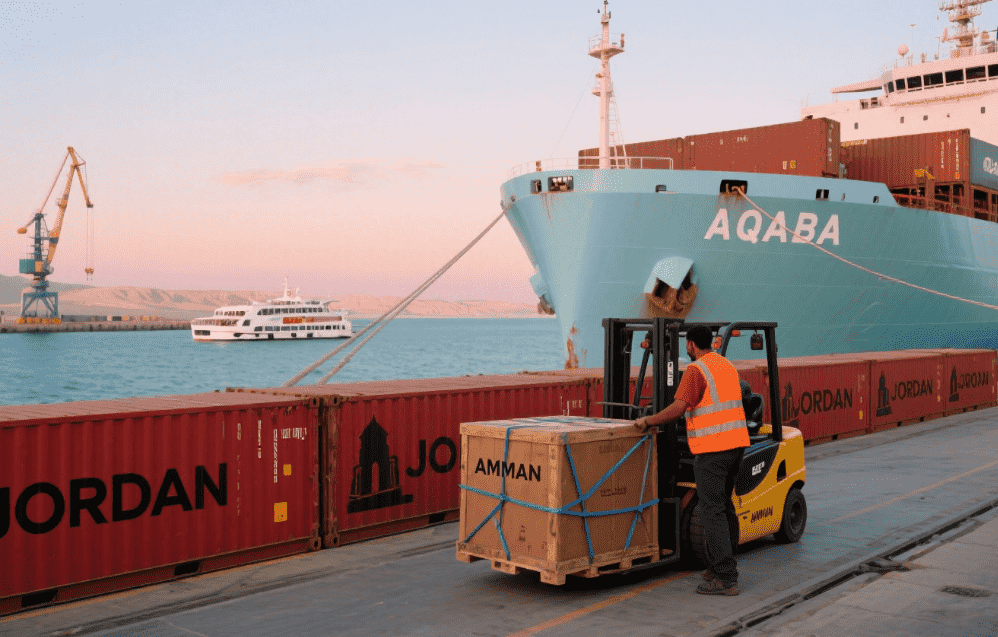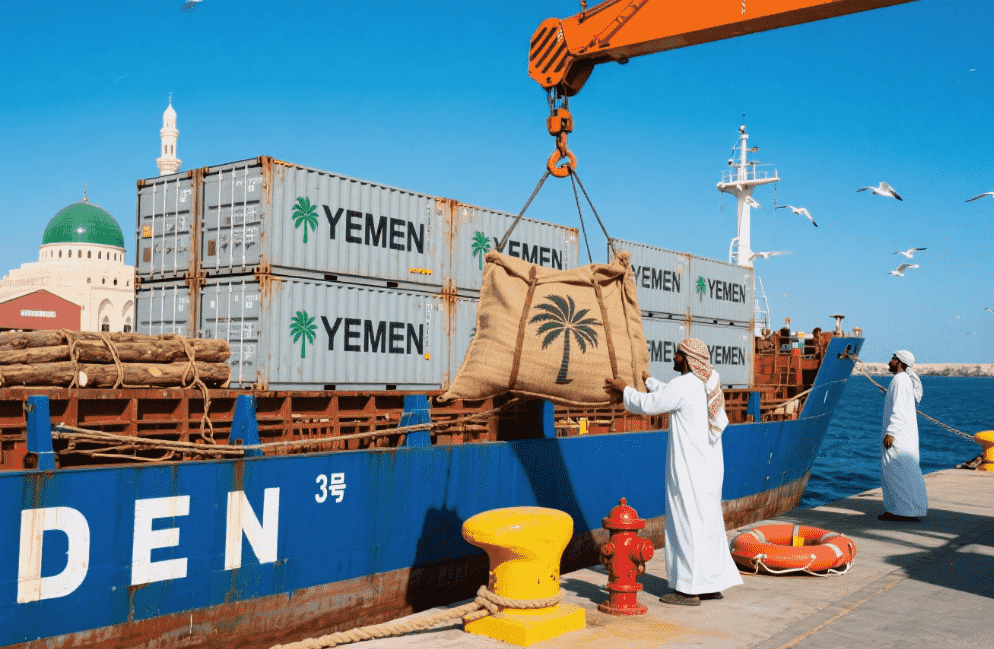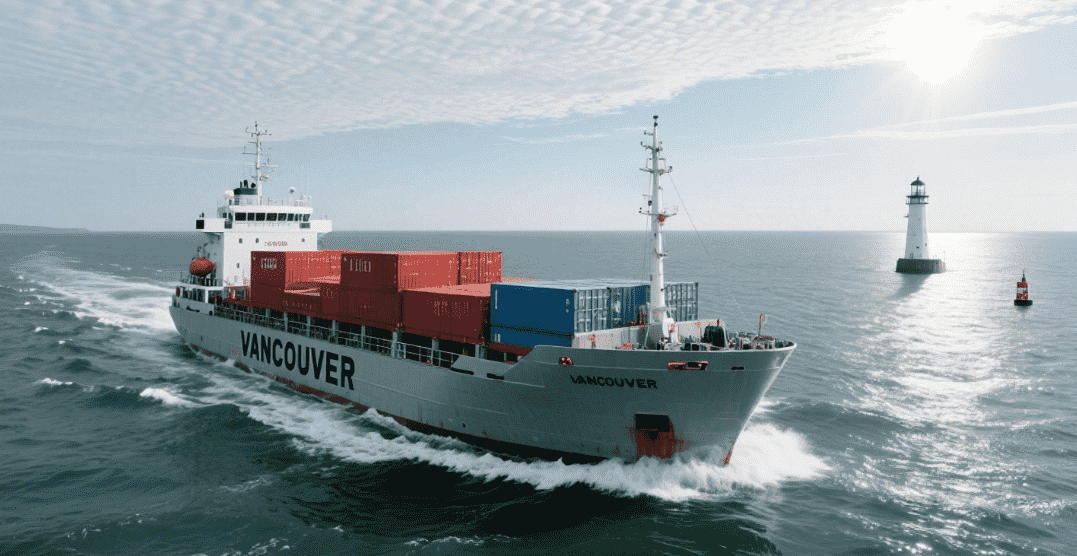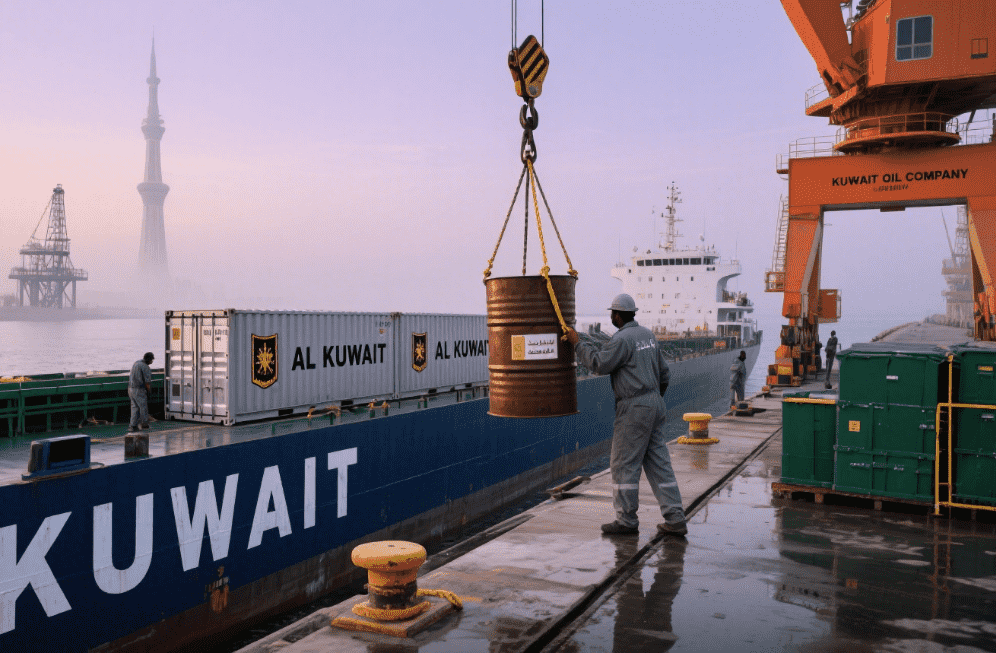
The international trade environment is transforming at an accelerated pace, driving businesses to pursue increasingly efficient and economical cross-border shipping methods. For importers establishing China-Kuwait trade routes, specialized logistics knowledge has become essential for sustaining competitive advantage and profit margins. This examination analyzes the primary determinants of China-Kuwait shipping expenses, highlights the strategic value of professional freight forwarders, and reveals how customized transportation solutions can significantly enhance supply chain performance.
1. The Dynamics of China-Kuwait Trade: Why Efficient Logistics Matter
China and Kuwait share a robust trade relationship, with bilateral trade exceeding $15 billion annually. Kuwait’s strategic location as a gateway to the Middle East makes it a vital hub for Chinese exporters, particularly in sectors like electronics, textiles, machinery, and consumer goods. However, transporting these goods efficiently requires navigating complex logistics challenges, including customs regulations, transportation modes, and fluctuating shipping costs from China to Kuwait.
For businesses, the goal is simple: deliver products on time while minimizing expenses. This is where logistics solutions tailored to the China-Kuwait corridor become indispensable. From selecting the right shipping method to optimizing cargo consolidation, every decision impacts the bottom line.
2. Key Factors Influencing Shipping Costs from China to Kuwait
Shipping costs are rarely static. They fluctuate based on multiple variables, and understanding these is crucial for budgeting and planning. Here are the primary factors affecting freight services between China and Kuwait:
a. Mode of Transportation
- Sea Freight: The most economical option for bulky or non-urgent shipments. Costs depend on container type (FCL/LCL), port fees, and fuel surcharges.
- Air Freight: Faster but significantly pricier, ideal for high-value or time-sensitive goods.
- Rail Freight: An emerging alternative, offering a balance between speed and cost, though less common for China-Kuwait routes.
- Road Freight: Used for cross-border shipments within the GCC region, often combined with sea freight for cost savings.
b. Cargo Volume and Weight
Larger shipments benefit from lower per-unit costs, especially with Full Container Load (FCL) options. Smaller shipments may require Less than Container Load (LCL) services, which involve shared container space and higher per-unit fees.
c. Distance and Routing
The primary shipping route from China to Kuwait involves ports like Shanghai, Ningbo, or Shenzhen to Kuwait’s Shuwaikh Port. Longer transit times or indirect routes (e.g., via Dubai) can increase costs.
d. Customs and Regulatory Compliance
Kuwait imposes strict import regulations, including documentation requirements, duties, and product certifications. Non-compliance can lead to delays or fines, inflating overall costs.
e. Seasonal Demand
Peak seasons (e.g., pre-holiday periods) drive up demand for shipping space, leading to higher rates. Planning shipments during off-peak times can yield savings.
f. Fuel Prices and Currency Fluctuations
Global oil prices directly impact freight rates, while exchange rate volatility between the Chinese yuan and Kuwaiti dinar can affect final invoicing.
3. The Role of a Cargo Agent in Streamlining Shipments
A cargo agent acts as a bridge between shippers and carriers, offering expertise in navigating the complexities of international freight. For businesses shipping from China to Kuwait, partnering with a seasoned agent provides several advantages:
- Cost Optimization: Agents leverage their networks to negotiate competitive rates and identify the most efficient shipping routes.
- Regulatory Guidance: They ensure compliance with Kuwait’s customs procedures, reducing the risk of delays or penalties.
- Documentation Handling: From bills of lading to certificates of origin, agents manage all paperwork accurately and efficiently.
- Risk Mitigation: They provide insurance options and contingency plans for unforeseen disruptions, such as port strikes or weather delays.
- End-to-End Visibility: Modern agents use technology to offer real-time tracking, enabling shippers to monitor their cargo’s progress.
 4. Tailored Freight Services: Meeting Diverse Business Needs
4. Tailored Freight Services: Meeting Diverse Business Needs
Not all shipments are created equal. Businesses require freight services that align with their specific requirements, whether it’s speed, cost, or cargo type. Here’s how specialized services can make a difference:
a. Express Freight for Urgent Shipments
For time-critical deliveries, air freight combined with expedited customs clearance ensures rapid turnaround. This service is ideal for industries like pharmaceuticals or electronics, where delays can result in significant losses.
b. Project Cargo Handling
Transporting oversized or heavy machinery requires specialized equipment and permits. A cargo agent with experience in project logistics can coordinate multi-modal transportation, ensuring safe and efficient delivery.
c. Temperature-Controlled Shipping
Perishable goods, such as food or pharmaceuticals, demand refrigerated containers (reefers) to maintain product integrity during transit.
d. E-Commerce Logistics
With Kuwait’s e-commerce market growing at 15% annually, businesses need scalable solutions for small parcels. Door-to-door delivery services, combined with customs brokerage, simplify cross-border e-commerce operations.
e. Sustainable Shipping Options
Environmentally conscious businesses can opt for carriers that use low-sulfur fuels or carbon offset programs to reduce their ecological footprint.
5. Case Study: How Winsail Logistics Reduced Shipping Costs for a Kuwait-Based Retailer
A leading Kuwaiti retailer faced escalating shipping costs from China to Kuwait due to inefficient routing and frequent LCL shipments. By partnering with Winsail Logistics, the retailer transitioned to FCL shipments for bulk orders, reducing per-unit costs by 22%. Additionally, Winsail’s cargo agent optimized routing through Dubai’s Jebel Ali Port, cutting transit times by five days. The retailer now enjoys predictable costs and improved inventory turnover, demonstrating the value of strategic logistics solutions.
6. Future Trends in China-Kuwait Logistics
The logistics industry is undergoing rapid transformation, driven by technology and shifting trade patterns. Here are key trends to watch:
- Digital Freight Platforms: AI-powered tools are streamlining booking, tracking, and customs clearance, reducing manual errors and costs.
- Green Logistics: Carriers are investing in eco-friendly fleets and alternative fuels to meet sustainability goals.
- Blockchain for Supply Chain Transparency: Blockchain technology is enhancing traceability, reducing fraud, and accelerating customs processes.
- Nearshoring: Some businesses are diversifying suppliers to reduce reliance on China, though the country’s manufacturing dominance ensures its continued relevance in Kuwait’s import market.
7. Conclusion: Choosing the Right Partner for Your Logistics Needs
Shipping from China to Kuwait involves balancing cost, speed, and reliability. Businesses must stay informed about market trends, regulatory changes, and transportation options to make data-driven decisions. Partnering with a reputable cargo agent and leveraging tailored freight services can transform logistics from a cost center into a competitive advantage.
For businesses seeking expert guidance, exploring comprehensive logistics solutions is the first step toward seamless China-Kuwait shipments. Whether you’re a small e-commerce seller or a large manufacturer, the right strategy can unlock significant savings and operational efficiency.
Visit Winsail Logistics to learn how we can empower your supply chain with end-to-end logistics expertise.


